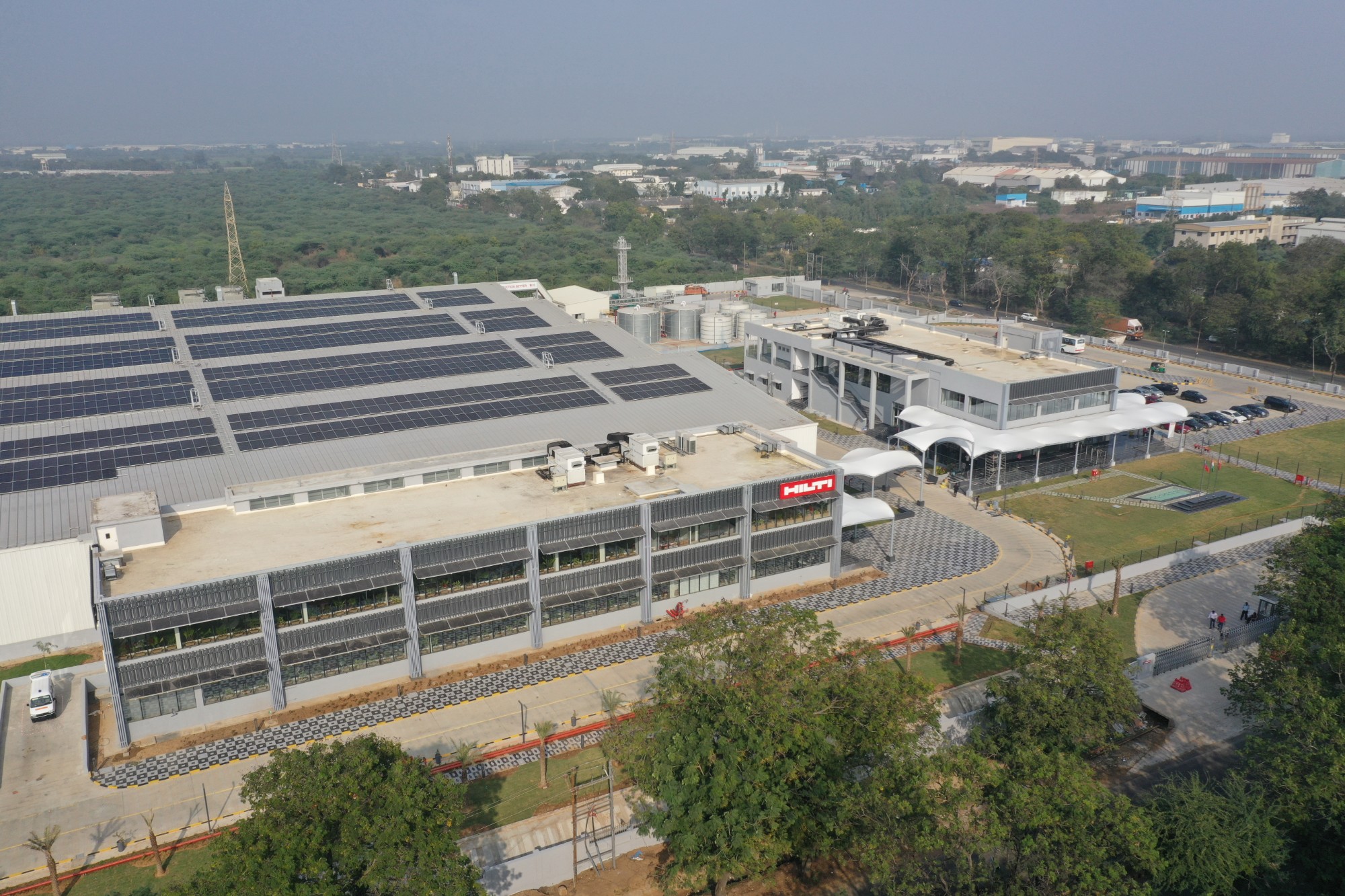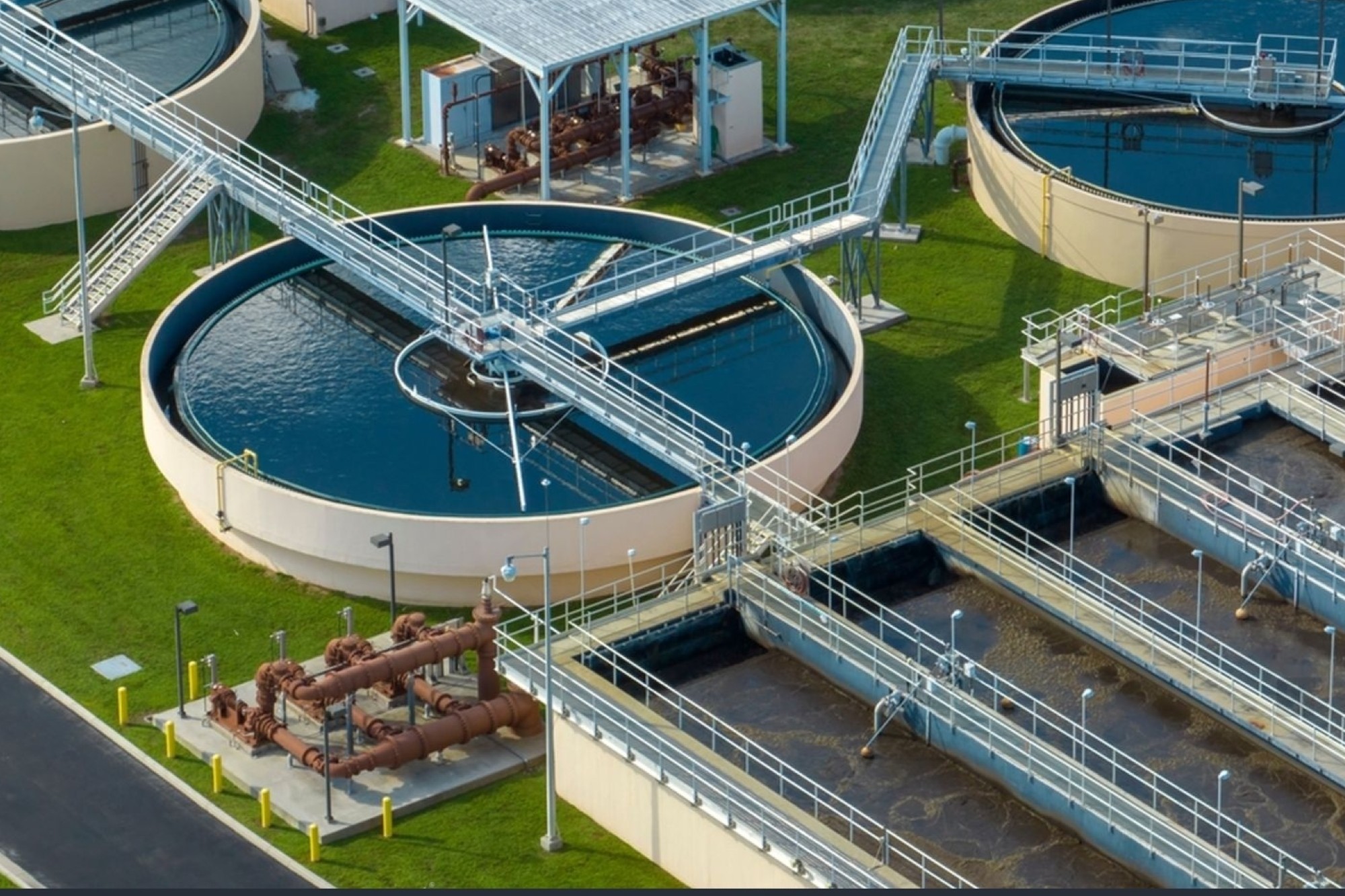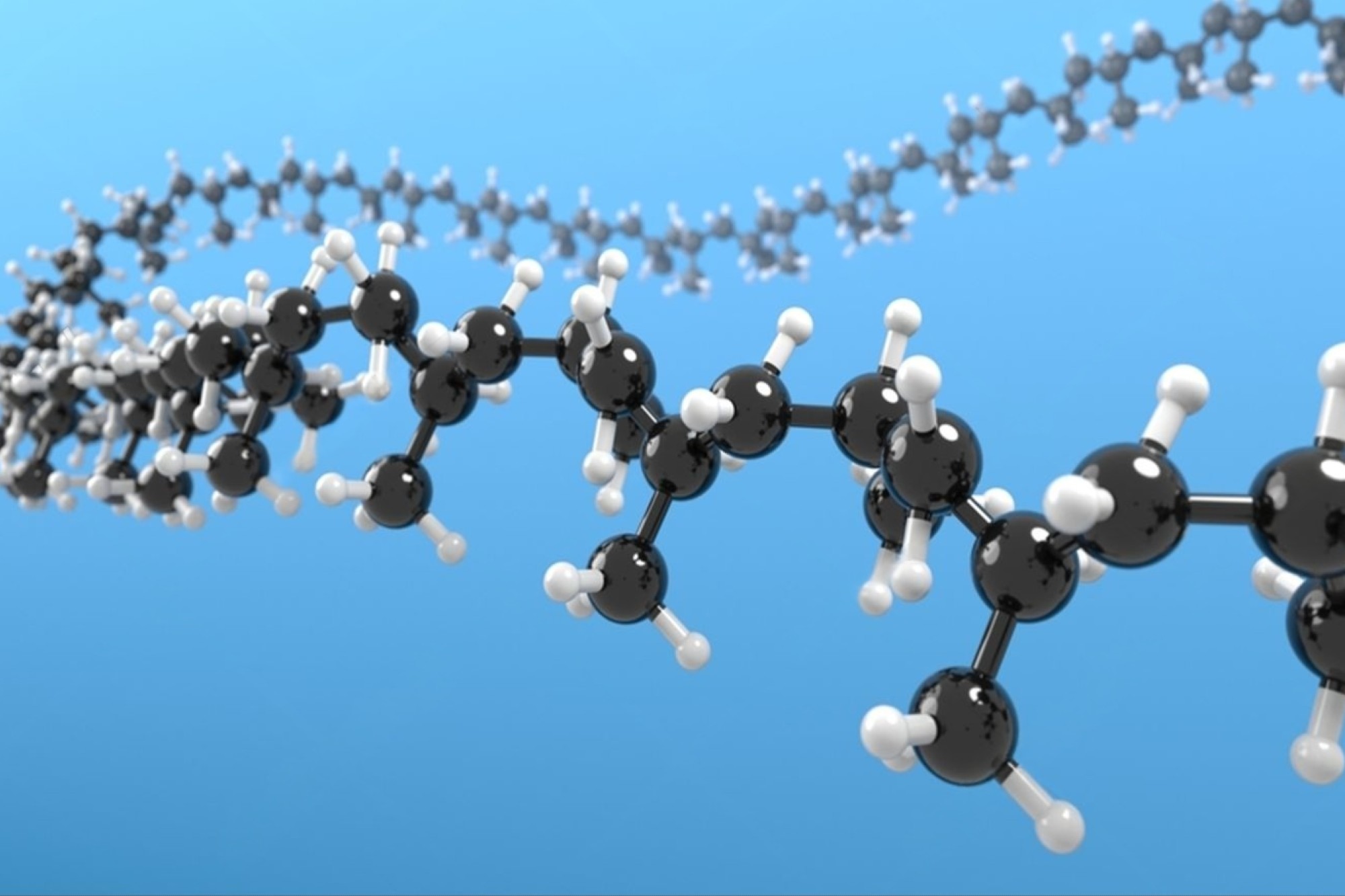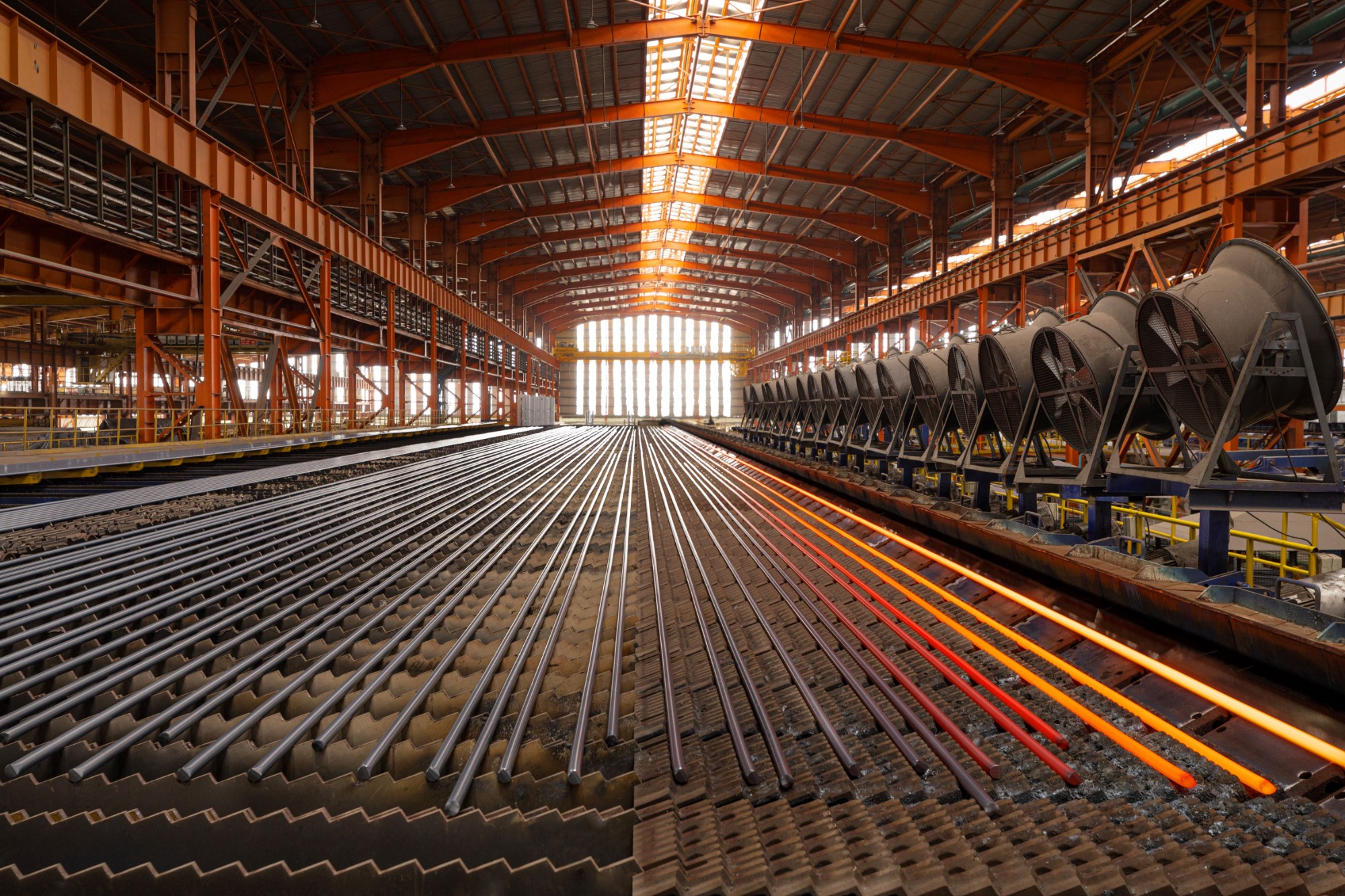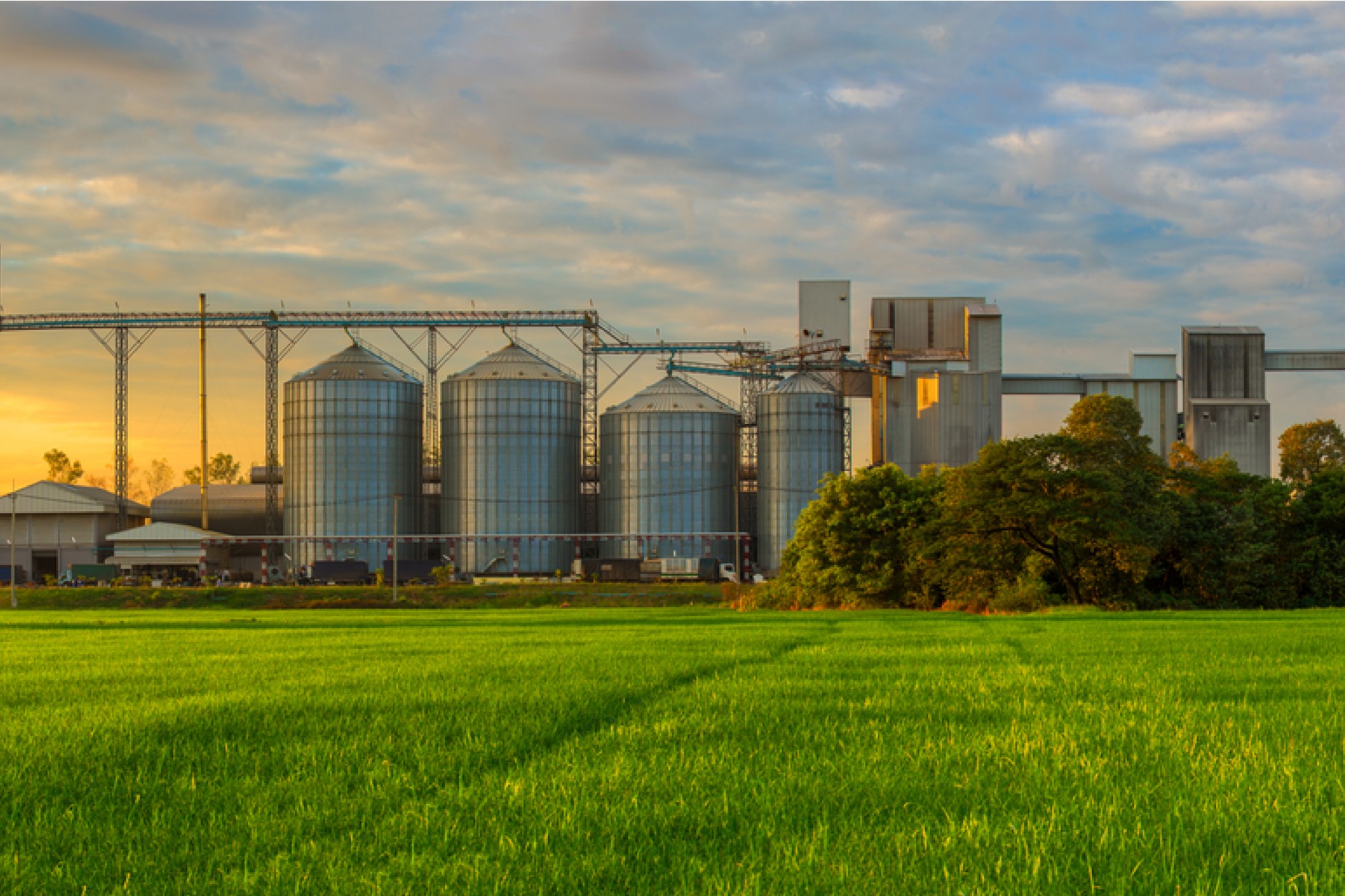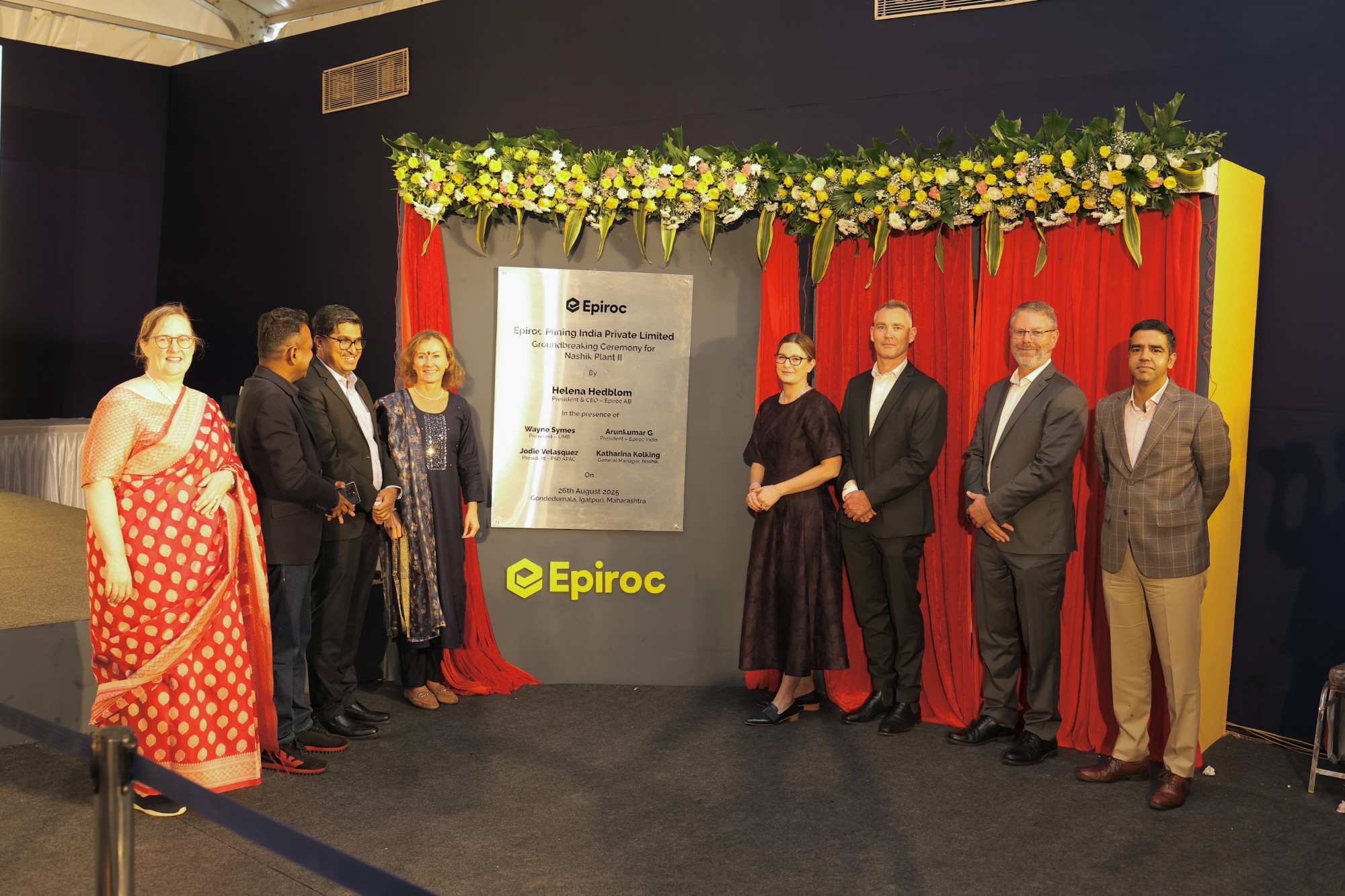Hilti’s Vadodara plant awarded DGNB Gold Certification, a first for India
By Staff Report July 28, 2025 2:31 pm IST
The plant features a highly efficient HVAC system, passive cooling techniques, and a smart building management system that helps monitor and optimise energy use throughout the day.
Hilti Manufacturing India’s plant in Vadodara, Gujarat, has become the first industrial facility in the country to receive the DGNB Gold Certification from the German Sustainable Building Council. This highlights Hilti’s long-term commitment to building sustainable and future-ready infrastructure in India. It also reflects the company’s global customer promise to be the best partner for productivity, safety and sustainability.
DGNB certification is one of the world’s most rigorous and holistic benchmarks for sustainable building. Developed by the independent nonprofit “Deutsche Gesellschaft für Nachhaltiges Bauen,” the certification evaluates buildings across their entire life cycle – from early planning and construction to operation and eventual decommissioning. It assesses environmental performance, economic viability, user comfort, and design quality, among other factors.
Hilti India’s Vadodara plant was designed and executed according to DGNB’s three central pillars: economy, ecology, and sociocultural impact. A flexible layout maximises adaptability for future expansions, and the site integrates advanced technical systems to support high energy efficiency and optimal workplace conditions.
To meet economic efficiency standards, the plant features a highly innovative HVAC system based on chilled beams and radiant floor cooling. The system uses chilled water as its primary cooling medium and operates in convection mode, maintaining comfort conditions at 28±2°C. This water-based solution is approximately five times more efficient than conventional cooling methods. To further reduce energy consumption, the building incorporates multiple passive design features, including external shading devices, overdeck insulation, and solar-protective façade fins. All systems are connected to a centralised building management platform for continuous performance monitoring.
The facility’s ecological features reinforce Hilti’s environmental commitments. A 1500 MWh photovoltaic system generates renewable energy, supporting operations and electric vehicle infrastructure. The site is designed as a zero-discharge campus, equipped with rainwater harvesting and water treatment systems that ensure 100% water recycling. A Miyawaki forest, covering 25 per cent of the plant area, enhances biodiversity using native species. Additional efforts to reduce light pollution further contribute to the site’s ecological balance.
Hilti India also prioritised human well-being and inclusivity under DGNB’s sociocultural criteria. Following a “Design for All” philosophy, the building includes ramps, elevators, accessible restrooms and workspaces, and a 1:1 gender-based design approach. More than 170 volatile organic compounds (VOCs) were tested before occupancy to ensure safe indoor air quality. Acoustic comfort and healthy materials were integrated into the office and production areas. The facility also has childcare, fitness and yoga zones, jogging tracks, and common areas for employees and transport staff.
Hilti’s journey in sustainable building design began in 2010, when its plant in Austria received the company’s first DGNB Gold certification. Since then, sustainability has become a core consideration in every new facility Hilti builds. The Vadodara plant joins the ranks of other DGNB-certified Hilti facilities in Austria and Hungary, with the company continuing to embed environmental and social performance standards into all future developments.
Cookie Consent
We use cookies to personalize your experience. By continuing to visit this website you agree to our Terms & Conditions, Privacy Policy and Cookie Policy.



